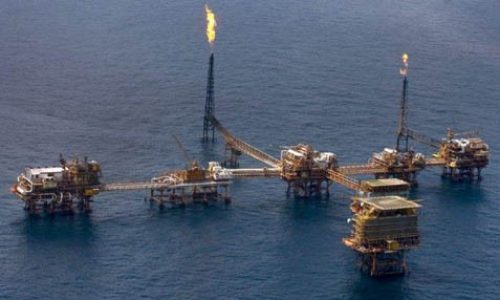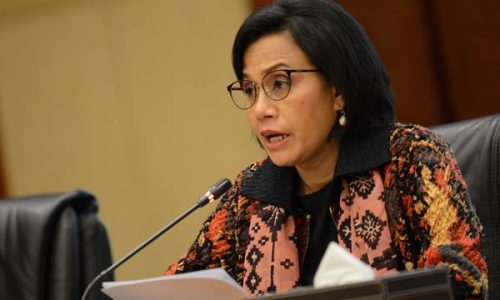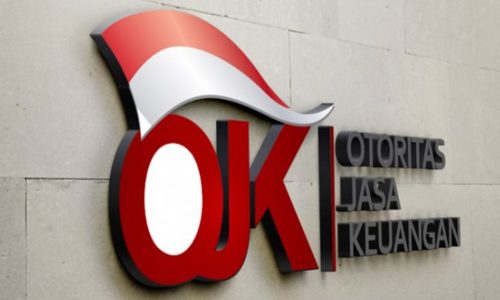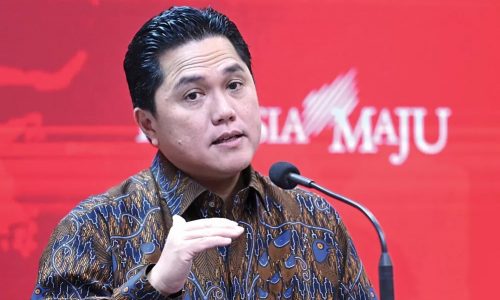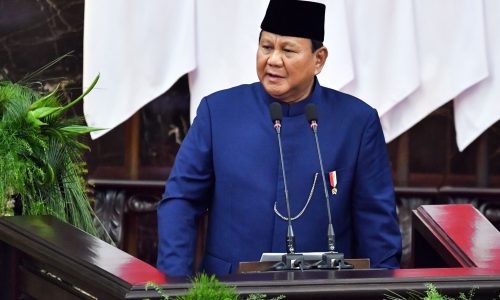Large European energy companies are doubling their investments on gas and oil focusing on short term benefits throughout 2024, consequently slowing down and sometimes reversing their own climate commitment that may continue to 2025.
A number of layoffs by big energy companies occurring in many parts of the world slows down the implementation of clean energy policies as a result of rising cost following the Russian full scale invasion of Ukraine in 2022.
Large European energy companies that have large investments in clean energy transition found that their stocks dropped behind other leading energy companies such as Exxon and Chevron that still focus on gas and oil.
Other companies, such as Shell and BP, also try to slow down their plan in investing millions of dollars in renewable energy and funneling the funds to other gas and oil projects with high margins.
BP has targeted a growth of 20 times in renewable energy this decade with 50 Gigawatts (GW), and in December they will separate nearly all offshore wind power plant projects to become a joint venture (JV) with JERA, a Japanese energy company.
Shell, which promised to become the largest electricity company in the world, largely had stopped their investment in offshore wind-powered projects. The company had left the electricity market both in Europe and China People’s Republic (China PR), weakening carbon reduction targets.
Similarly, Norway state energy company, Equinor, also slows down their cost in renewable energy.
Rohan Bowater, an analyst from Accela Research, said BP, Shell, and Equinor also lessened their spending on low carbon amount to 8 percent in 2024. However, Shell is still committed to doing energy business with zero emission by 2050, and keeps investing on energy transition, Reuters.
In addition, several of these large companies namely BP, Shell, Exxon, and Chevron are present in Indonesia and have several projects in Indonesia that might be affected.





